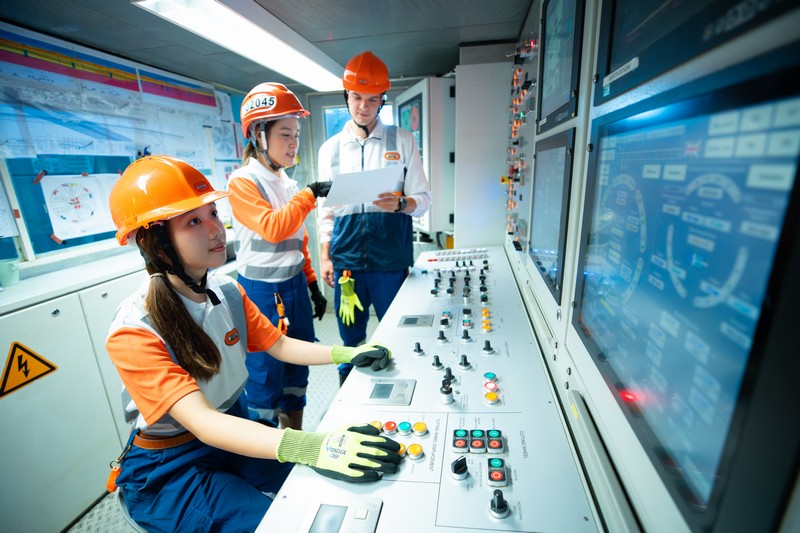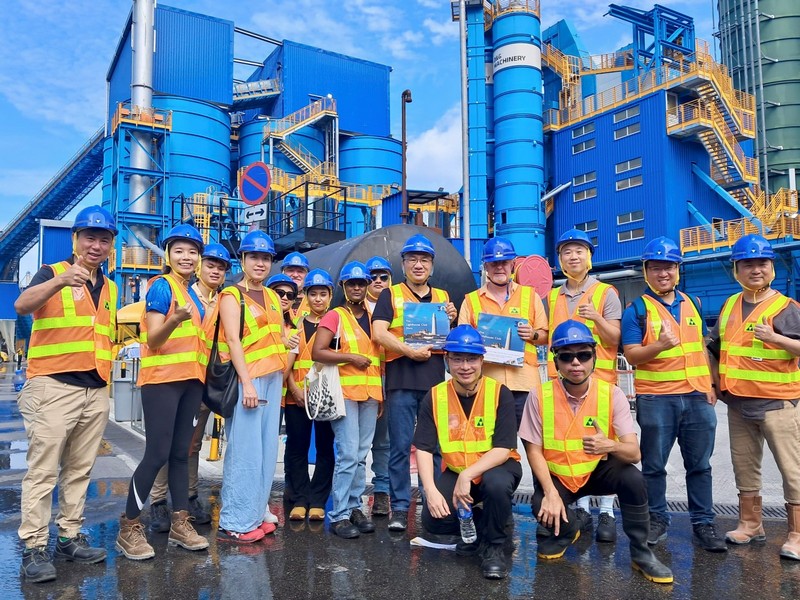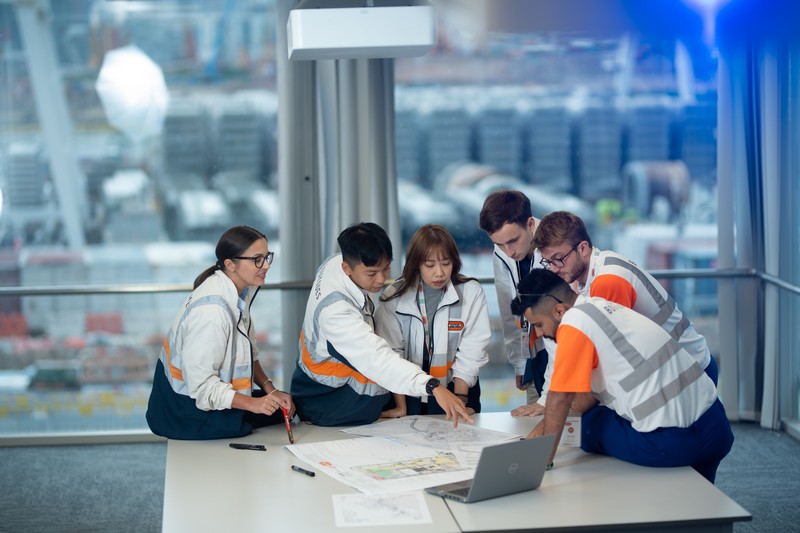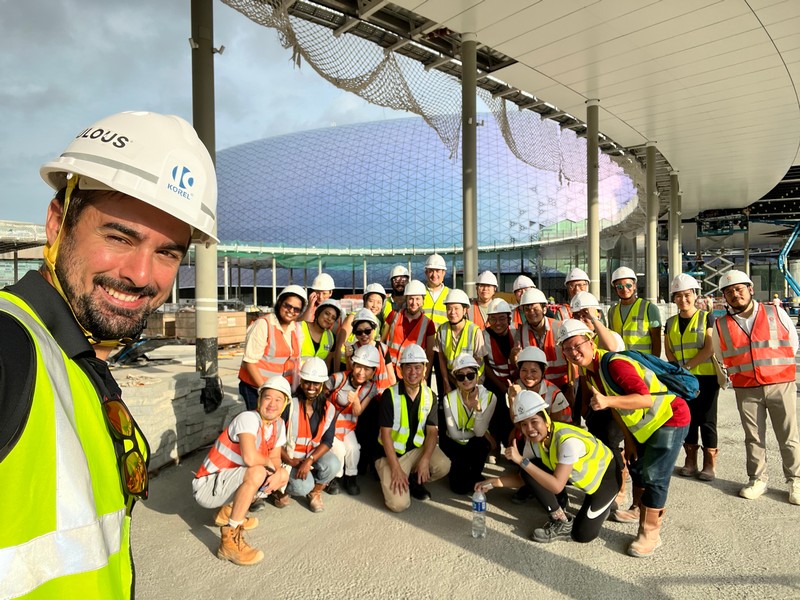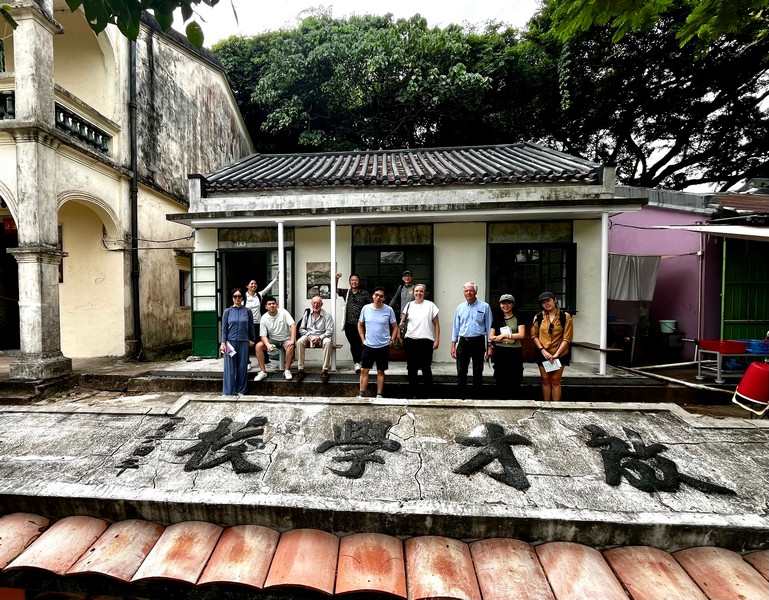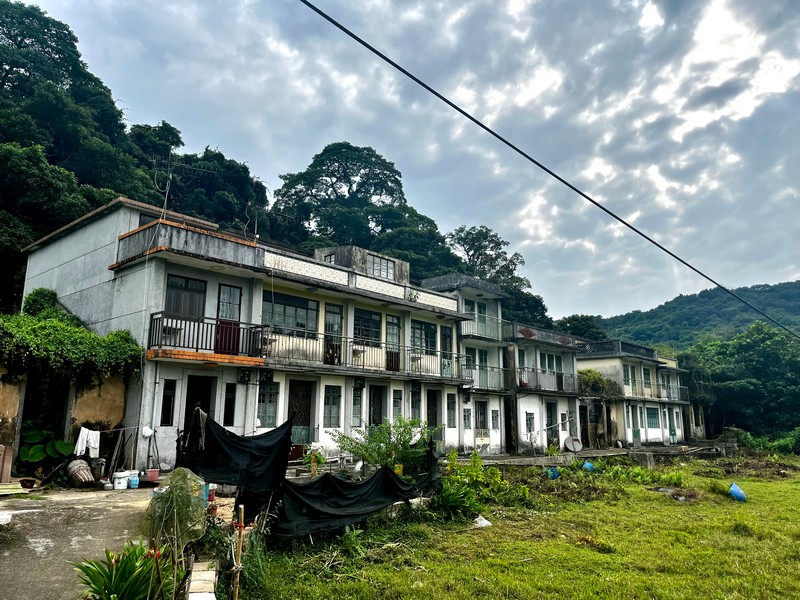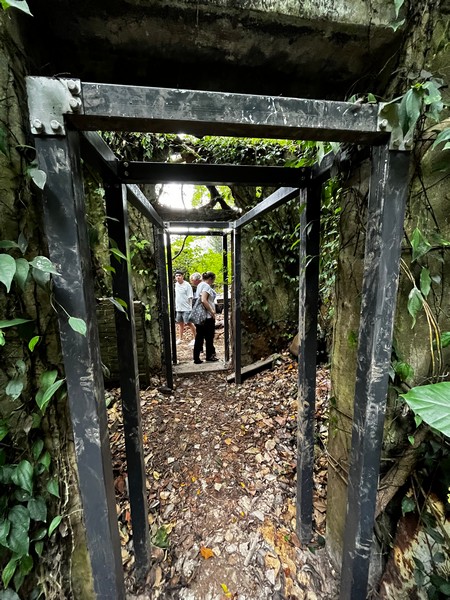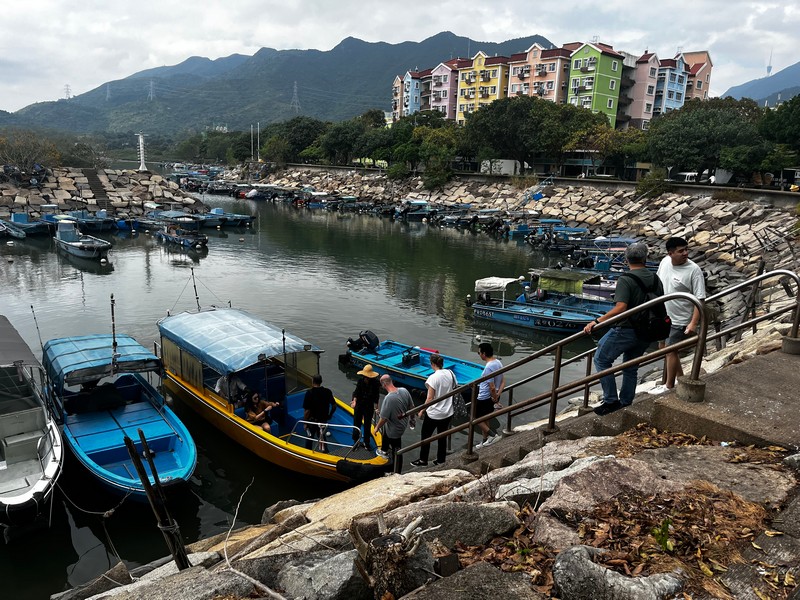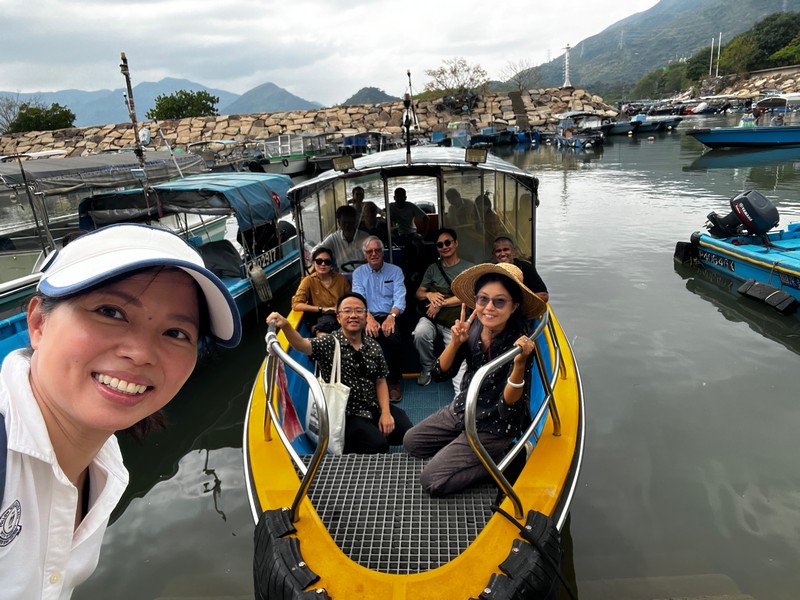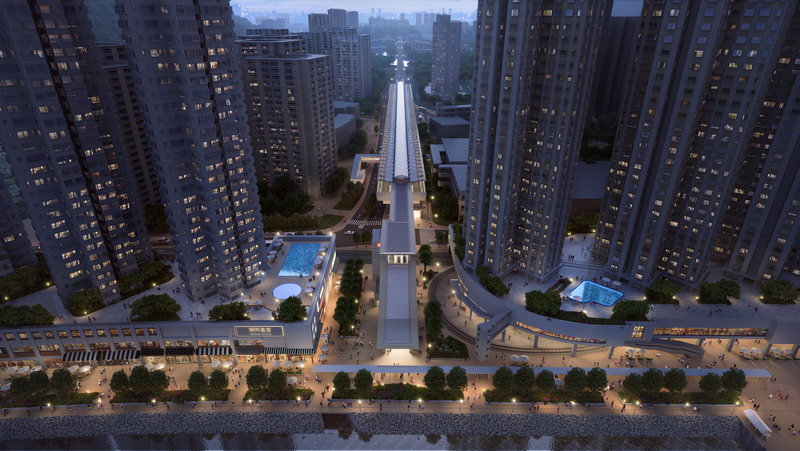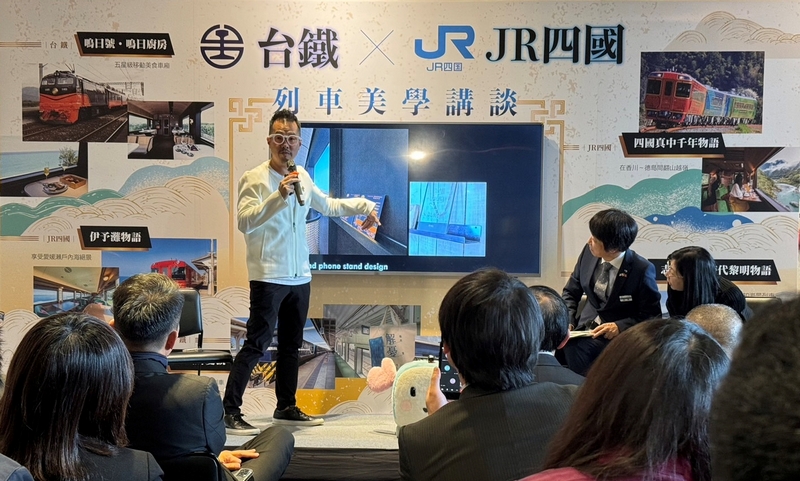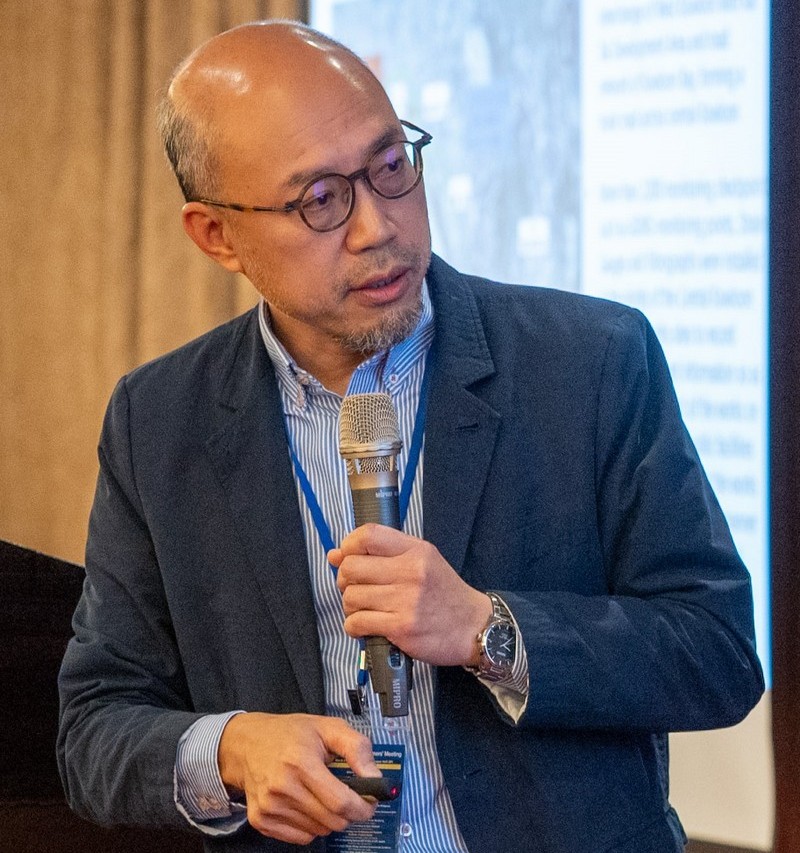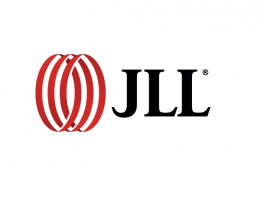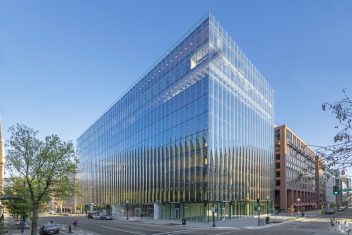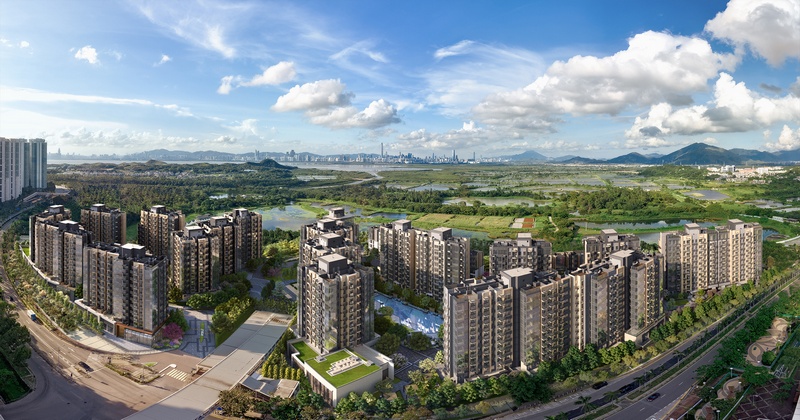Attracting and retaining young talent in the construction industry, regionally, requires a multifaceted approach. By promoting a positive image, leveraging technology, offering career development, creating a supportive work environment, and engaging with the community, companies can cultivate a workforce that is not only skilled but also committed to the industry’s future.
As cities such as Hong Kong continue to develop, the construction sector must adapt to meet the needs and expectations of the next generation, ensuring its ongoing success and sustainability. Embracing these strategies will not only help bridge the talent gap but also contribute to the overall advancement of the industry in a rapidly evolving landscape.
YMG Hong Kong’s Journey to Kuk Po Common
Text and photos: Shannon Ho
The joint site visit organized by the YMG Hong Kong and the American Institute of Architects (AIA) Hong Kong on 27 October 2024 exemplifies the cultural and professional benefits available to members of such groups.
Adventure Awaits
The event, which centered around exploring the heritage and architectural revitalization projects in the northeastern New Territories of Hong Kong, provided participants with rich opportunities for learning, networking, and cultural immersion.
The visit began with an exploration of Sha Tau Kok, a restricted area that borders mainland China, offering members a rare chance to experience this unique district. A boat ride to Lai Chi Wo followed, where participants visited one of the oldest and best-preserved Hakka walled villages. This segment of the tour highlighted the architectural and cultural significance of Hong Kong’s Hakka heritage, culminating in an authentic Hakka lunch at a local residence, fostering cultural exchange and camaraderie.
The tour continued for those interested in visiting Kuk Po, a historic Hakka village undergoing transformation through the Kuk Po Common revitalization project. Guided by HKU’s Professor Weijen and his team, members explored the restored Kai Choi School and its annex block—structures that now serve as a community public space integrating architectural design with cultural preservation, art, ecology, and community engagement. This project, supported by the Countryside Conservation Funding Scheme (CCFS), demonstrates the positive impact of conservation efforts on Hong Kong’s rural areas, inspiring members to consider such initiatives in their professional work.
HKU team members Sylvia Sze, Ashley Ma, and Roger Wu offered insightful presentations and guided tours of Kuk Po, sharing the research and processes involved in the revitalization efforts. Participants gained valuable knowledge about sustainable practices, cultural heritage preservation, and innovative design approaches—skills directly applicable to their professional endeavours.
The visit concluded with a final boat ride back to Sha Tau Kok, leaving attendees with a deeper appreciation of Hong Kong’s heritage, ecological conservation, and architectural innovation. By blending cultural immersion with professional development, this event showcased the unique opportunities provided by Lighthouse Club and YMG memberships, fostering meaningful connections among members while highlighting the value of collaboration across disciplines.
This visit serves as a model for how such organizations enrich both the personal and professional lives of their members, demonstrating the importance of heritage conservation and interdisciplinary exchange in the built environment.
For more information on Lighthouse Club Hong Kong Branch, visit www.linkedin.com/company/the-lighthouse-club-hong-kong/about
To read more about The Lighthouse Club Young Members Groups:













